Depression isn’t always a mental disorder on its own. Research reveals that the inflammation-depression connection is real, and increased inflammation truly has a big impact on our brain health.
Depression impacts more than 15 million adults every year. (1) Treatments range from medicated antidepressants to counseling or therapy to doing nothing at all. While almost everyone can have short periods of feeling blue, major depressive episodes are classed as lasting two weeks or longer, with dysthymia (depression lasting for two years or longer) being a prolonged episode of a more serious nature.
Depression is somewhat common, but to the person suffering from it, it doesn’t feel common or normal at all. It can feel life-altering, debilitating, and never ending.
Want to train your brain to be happier and healthier?
Click here to receive our FREE 7-Day Meditation Challenge!
What Is Depression?
Depression (also clinically referred to as major depressive disorder) is a common and serious medical condition that has a profound impact on the way a person thinks, feels, and acts. Depression includes feelings of sadness, loss of interest in activities that used to bring joy, and a lack of feeling altogether. Depression can be life-altering in that it can reduce a person’s ability to function in daily life, in work, and in relationships, and it can also make it difficult to have the energy or motivation to work toward treating or reversing the condition.
Depression is treatable for most people, but since it can also be associated with other chronic conditions or diseases, it can sometimes be misdiagnosed or can be difficult to treat alongside other disorders. For example, thyroid problems, hormone imbalances, and chronic pain conditions can be misdiagnosed as depression. (2) [tweet_quote] Sometimes thyroid problems or hormone imbalances are misdiagnosed as depression.[/tweet_quote]
Women are more likely to experience depression than men, and depression can first make its appearance anywhere from the late teens to early thirties. (3)
Depression is distinctly different from periods of sadness, bereavement, or grief, although depression can follow after those periods of time. Self-esteem and self-kindness can often decline in people suffering from depression, and self-loathing can often become a frequent feeling.
While depression can affect anyone, there are several factors that can be indicators of a predisposition to or trigger for depression. They can include:
- Genetics: Certain genetic mutations can affect how certain chemicals work in the brain, particularly serotonin and dopamine. (4) Depression has a tendency to run in families for this reason.
- Environmental factors: People exposed to poor treatment, poor work environments, or abuse can develop depression. Traumatic experiences can also trigger depressive episodes.
- Pregnancy: Postpartum depression can affect as many as 20 percent of women who give birth. (5) In some cases, this can turn into a propensity for major depressive disorder even after postpartum depression has resolved.
Bottom line: Depression is a common mental disorder that can be disruptive and debilitating. Although depression is treatable, since it can be associated with other chronic conditions or diseases, it can sometimes be misdiagnosed or can be difficult to treat alongside other disorders.
How Are Depression and Inflammation Linked?

Recent research indicates that depression isn’t just a mood disorder, but is a condition that is linked with inflammation, specifically in the gut. (6, 7) Gram negative bacteria, or “bad” bacteria in the gut, can increase immune responses, leading to inflammation and a role in the development of clinical depression. Leaky gut, or increased intestinal permeability, can allow these gram negative bacteria to enter the bloodstream and systemic circulation, perpetuating the ongoing inflammation-depression cycle.
Research continues to illustrate the importance of addressing gut health in depression and stress-related disorders. (8) Individuals with clinical depression have been shown to have specific biomarkers that are associated with inflammation versus people who are not depressed. (9) This is true even for those who are otherwise physically healthy, and not just individuals who have pre-existing inflammatory conditions.
Depression is a highly chronic disorder that can have flare-ups or recurrences, much like other inflammatory disorders (like rheumatoid arthritis, multiple sclerosis, or autoimmune thyroid disease). The more episodes that a patient has, the more prone they will be to continued and future episodes unless, of course, the inflammation is addressed at the root and multiple lifestyle, dietary, and potentially prescription methods are utilized. (10)
Bottom line: Depression is closely tied to inflammation, and isn’t always a mental disorder on its own. Gut health is closely tied to mental health because a large portion of the enteric nervous system is located in the gut, perpetuating the inflammation-depression connection.
Inflammation, Leaky Gut, and Diet
Leaky gut syndrome is a condition where the small intestine’s tight junctions become loose. The tight junctions should serve as regulated gateways to prevent unauthorized particles from entering the bloodstream. However, when they become damaged from exposure to food allergies, sensitivities, chemicals, or toxins, they start allowing dangerous particles to enter into systemic circulation. This can result in autoimmune attacks, increased inflammation, and new food allergies or sensitivity reactions.
Certain dietary factors can exacerbate leaky gut and, ultimately, the inflammation-depression connection. (11) These can include:
- Gluten and grains
- Soy and legumes
- Dairy products
- Trans fats and vegetable oils
- Refined sugars
- Processed foods
- Alcohol
- Caffeine
Addressing leaky gut comes down to removing offending foods, toxins, and other lifestyle factors (like smoking) and supporting the body with foods and nutrients that will help the intestinal wall to heal.
Foods and nutrients that are beneficial for leaky gut include: (12, 13)
- Bone broth and the nutrients it contains (collagen, glycine, glutamine, glucosamine)
- Cruciferous vegetables
- Leafy greens
- Antioxidant fruits like berries
- Pastured proteins
- Wild-caught seafood
- Healthy fats like avocado and coconut oil
5 Dietary and Lifestyle Factors That May Help Depression
Beyond addressing leaky gut, there are several other lifestyle factors which can help reduce symptoms of depression.
Move Daily

Yoga is extremely helpful for combating depression and inflammation, and a regular yoga practice – even at home and just for a few minutes a day – can be a positive step in the right direction. (14, 15)
Walking alone or in a group is also a good exercise that can address depression in a proactive way, and the distance or speed isn’t as important as the regularity. (16)
Practice Healthy Sleep Habits
Healthy sleep habits, including enough sleep, can also dramatically improve inflammatory conditions and depression. While not everyone needs eight hours a night, it’s a good goal to start with. Not getting enough sleep, even when every other lifestyle factor is on point, can have a damaging effect on overall inflammation levels. (17) [tweet_quote] Sleep deprivation can directly increase inflammation levels.[/tweet_quote]
Insomnia can be a side effect of inflammatory conditions, but even in the presence of sleep disruptions, it’s helpful to set a regular bedtime habit that can eventually help to train the brain to go to sleep at a consistent time each day.
Skip the Alcohol

Switch to Decaf
Caffeine, as a stimulant, can temporarily improve symptoms, but in the long-term, perpetuates a depressive cycle. Those suffering from depression can often feel tired and unmotivated, so getting some pep from a cup of coffee or other caffeine seems like a good solution. It may work in the very short-term, but overall, will perpetuate a cycle of inflammation and adrenal stress that will prolong or worsen depression. (19,20)
Quit Sugar
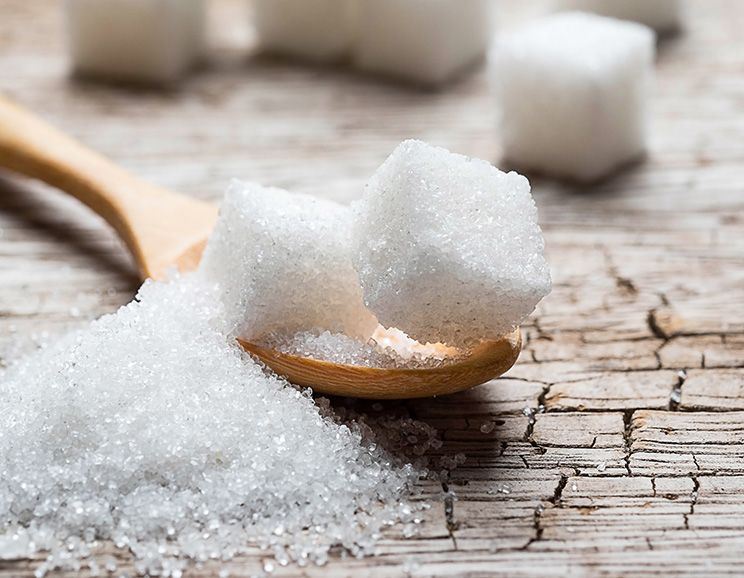
Avoidance of sugar is also beneficial for a depression wellness plan since sugar increases the inflammatory response within the body, and can also wreak havoc on leaky gut and digestive issues. (21) It’s easy to avoid sugar when you reduce processed and refined foods from your diet, and choose instead whole foods, particularly healthy meats, fats, and vegetables.
Bottom line: With a proper diagnosis and an anti-inflammatory care plan from a qualified professional, the majority of people who suffer from depression will find relief and remission. In some cases, admitting that depression is a problem is the biggest hurdle, but depression can impact anyone, and there is no shame in dealing with it. In the same way that other inflammatory conditions can happen as a result of genetics or life situations outside of your control, so can depression, too. Seeking professional for inflammation-depression help can lessen the severity and provide relief.
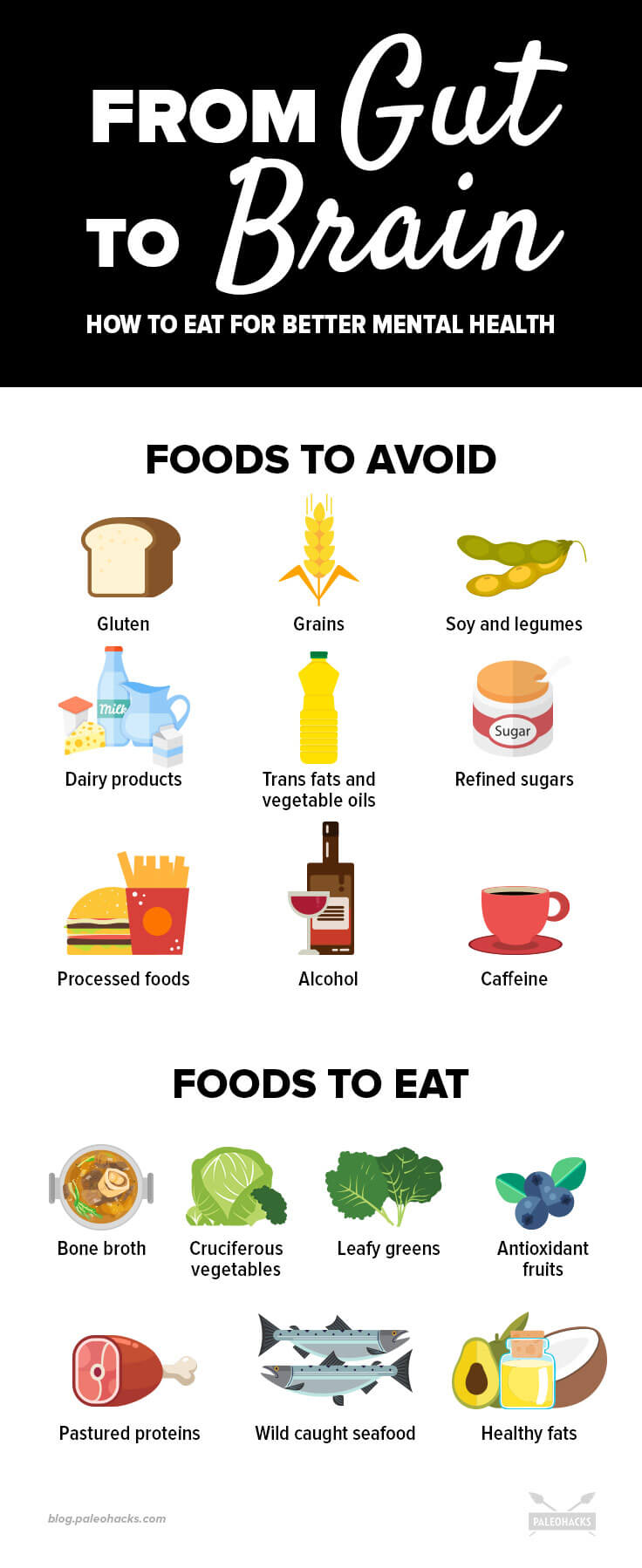


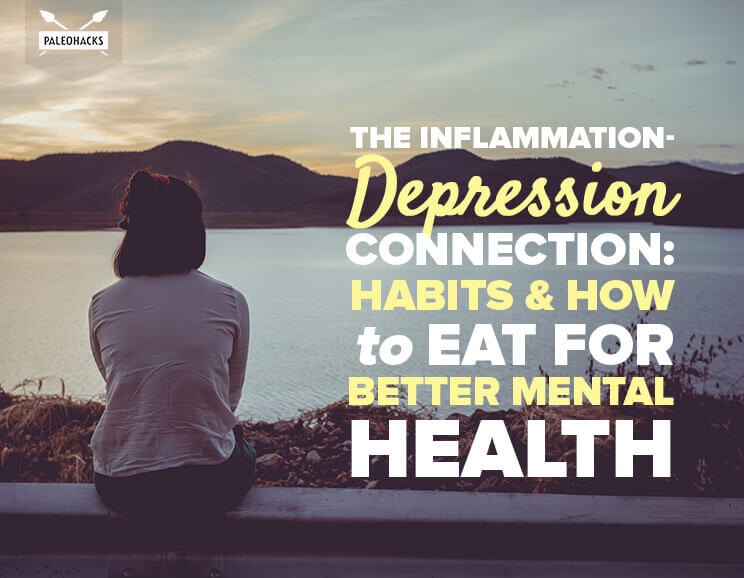
 Coconut Dairy-Free Buttercream Frosting
Coconut Dairy-Free Buttercream Frosting


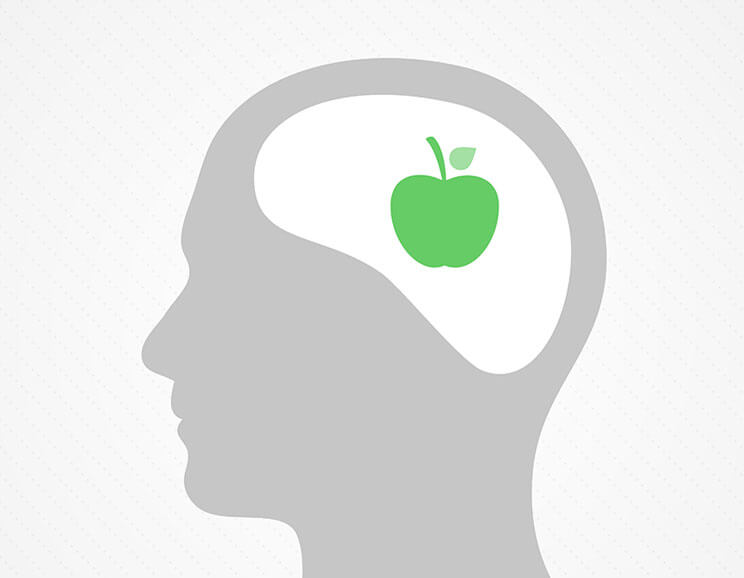

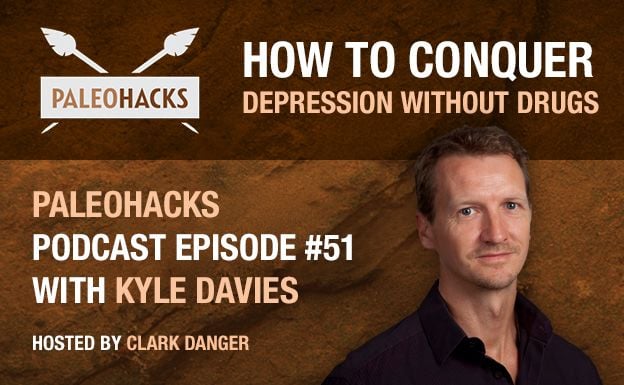




Show Comments